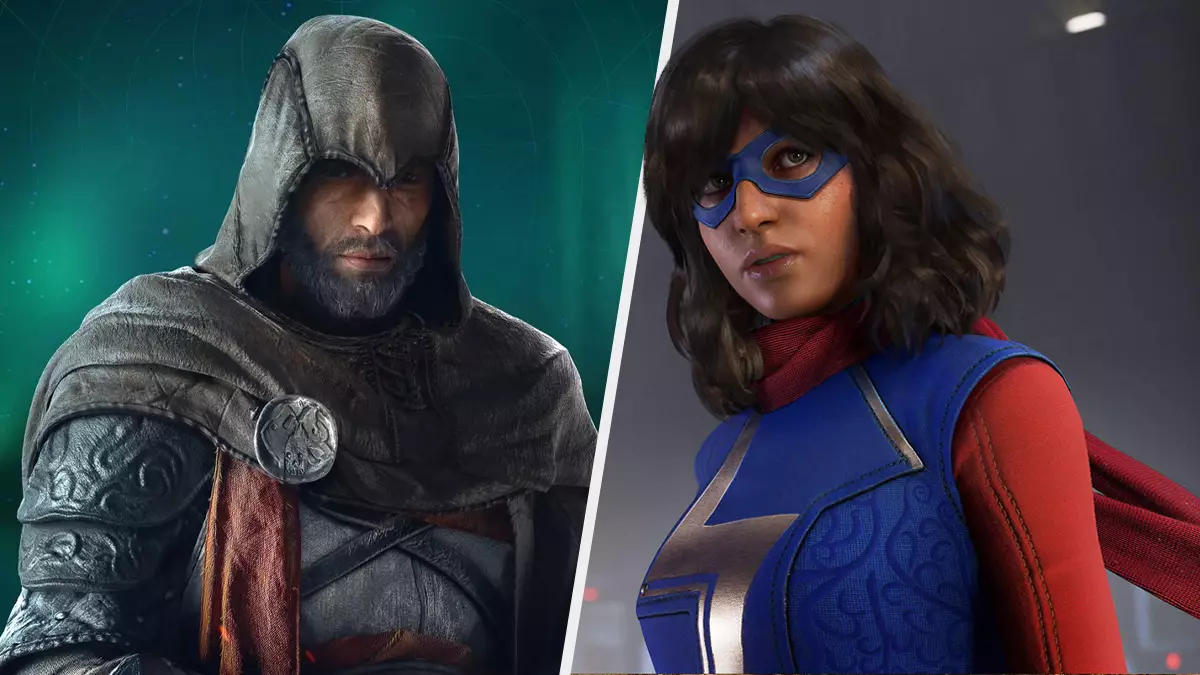
Earlier this year, Crystal Dynamics released Marvel's Avengers, and despite it not doing quite so well in terms of sales, it featured a few notable achievements. Most notably, it's one of the few games where the lead is a Muslim Pakistani-American; and it's one of the few games that actually gives decent representation to Muslims. The way the devs wrote Kamala Khan into the narrative was brilliant and made many Muslims like myself feel properly represented. Other games studios could take a leaf out of Crystal Dynamics' book when it comes to representing backgrounds other than English, American, Christian... you get the idea.
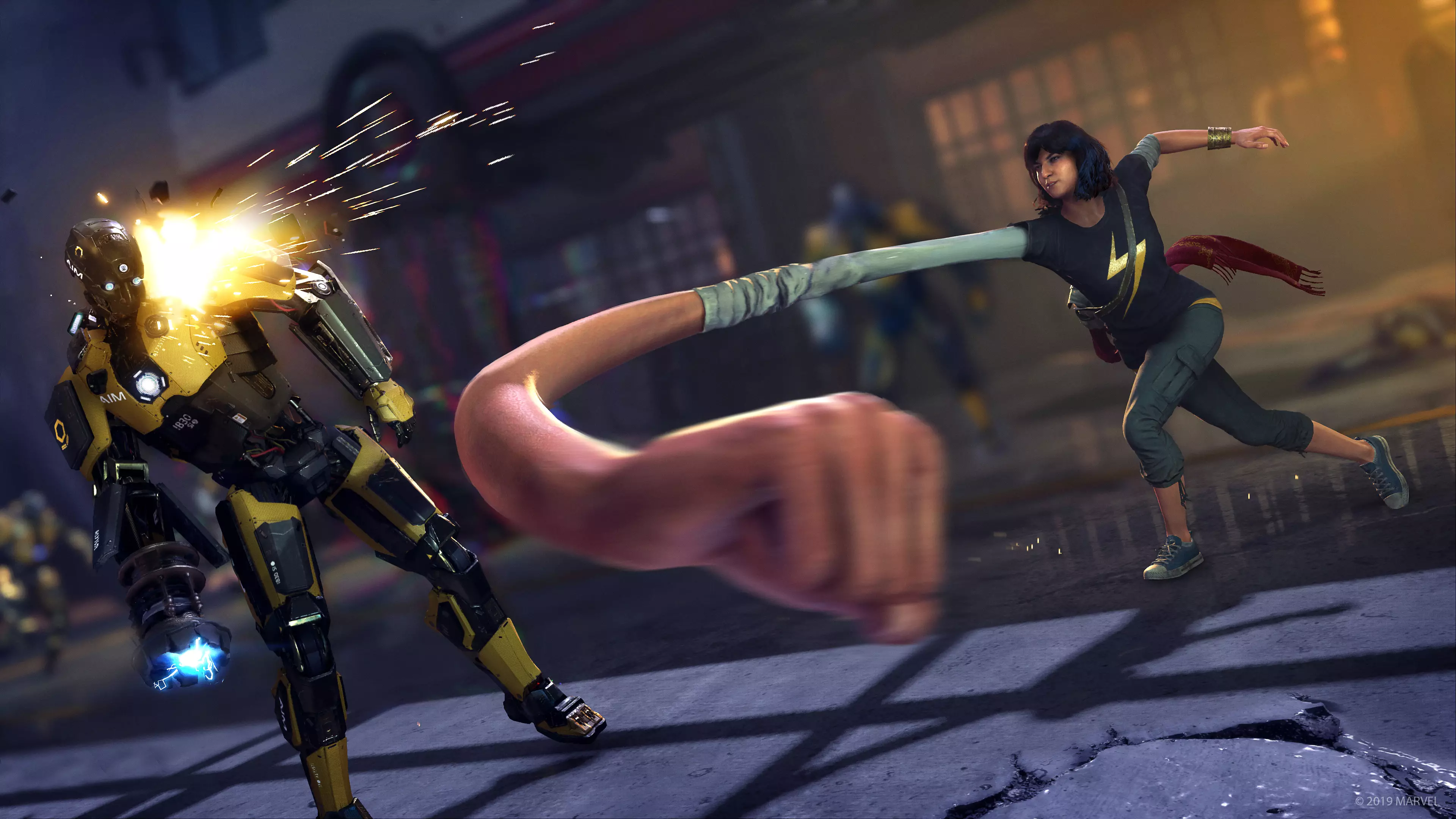
Ubisoft had an opportunity to do likewise with its recently released hit, Assassin's Creed Valhalla; but for some reason the studio completely shied away from having Muslim representation in the game, beyond some relatively hidden references. In the game's modern-day setting, you find out that the player-controlled Layla Hassan (who's been in the series since 2017's Origins) is a Muslim character - but only by reading emails on her laptop. One of the emails is a back and forth between her and her brother talking about Ramadan, which highlights that Layla comes from a Muslim family.
Advert
But why not have that information - which actually helps players further connect with the character, especially if they've not played Origins or Odyssey before Valhalla - as a small line of dialogue when Layla is talking to some of the other characters in the cottage? It's a missed opportunity to put important representation at the forefront of the experience - but nevertheless, I was happy to see that bit of information in the game. I thought to myself that it'd be a one off for a game predominantly about Norse and Danish invaders in 9th century England, so I got back into the Animus to reconnect with Valhalla's cover-star protagonist, Eivor
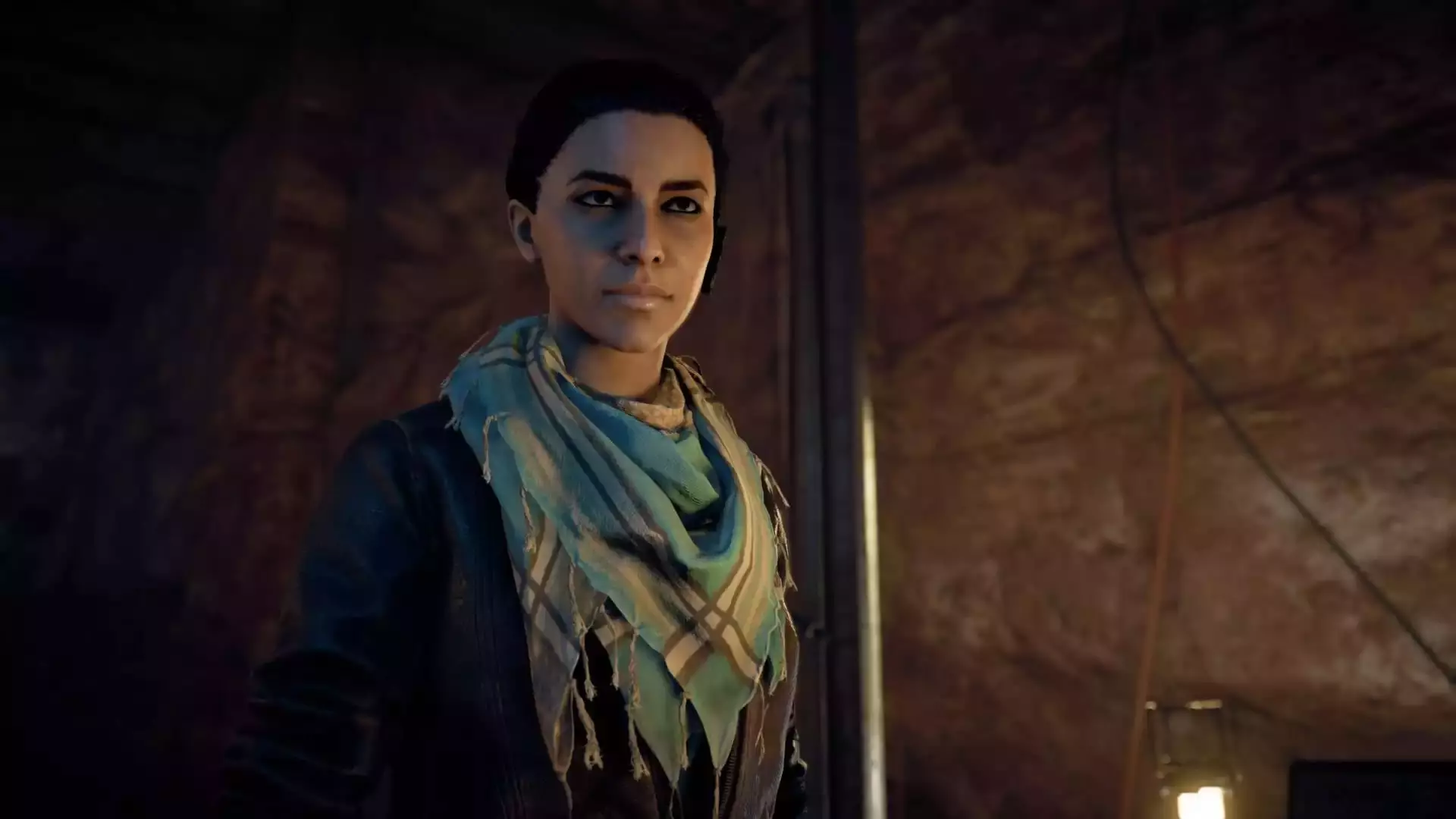
But this main viking setting also misses a chance to do right by Muslim representation. If you've played past the opening of the game, then you'll have met the two Arab Assassins, Hytham and Basim. Later in the game, when the action's relocated to England, Basim is found having a religious debate with a Christian cleric.
"This is it," I thought to myself. Surely there'll be a bit of Muslim representation in the dialogue, with Basim mentioning what Islam says about Adam and Eve. But sadly, Basim doesn't challenge the cleric's views with the cultural views that would've been around in the Middle-East during the 9th century.. Which really comes across as Ubisoft actively avoiding mentioning Islam and Muslims in the game's dialogue.
Advert
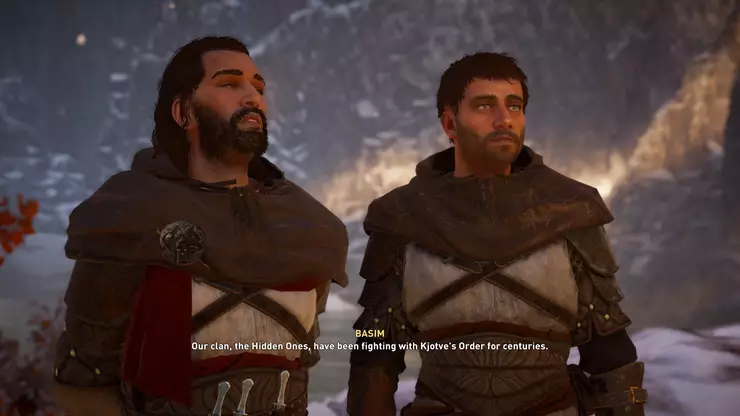
This was a huge missed opportunity for the studio to not only accurately represent a character from that time period, but to also educate players a little on Islam. On top of that, it was a missed opportunity to support the statement that the game always displays when you first boot it up:
"Inspired by historical events and characters, this work of fiction was designed, developed, and produced by a multicultural team of various beliefs, sexual orientations, and gender identities."
And there's no denying that's the case, as you absolutely can see a lot of diverse characters throughout the game. So why is it difficult to mention Muslims or Islam in any of the dialogue? With Kamala Khan in Marvel's Avengers, Crystal Dynamics integrated her background so smoothly into the dialogue with small but realistic lines that represent her faith. Her father asks her if she wants to go to the Mosque with the family, and there's a quick mention of how her outfit is made from a burkini, for example. With the characters that Valhalla has, it would've been easy to follow that same representation.
Advert
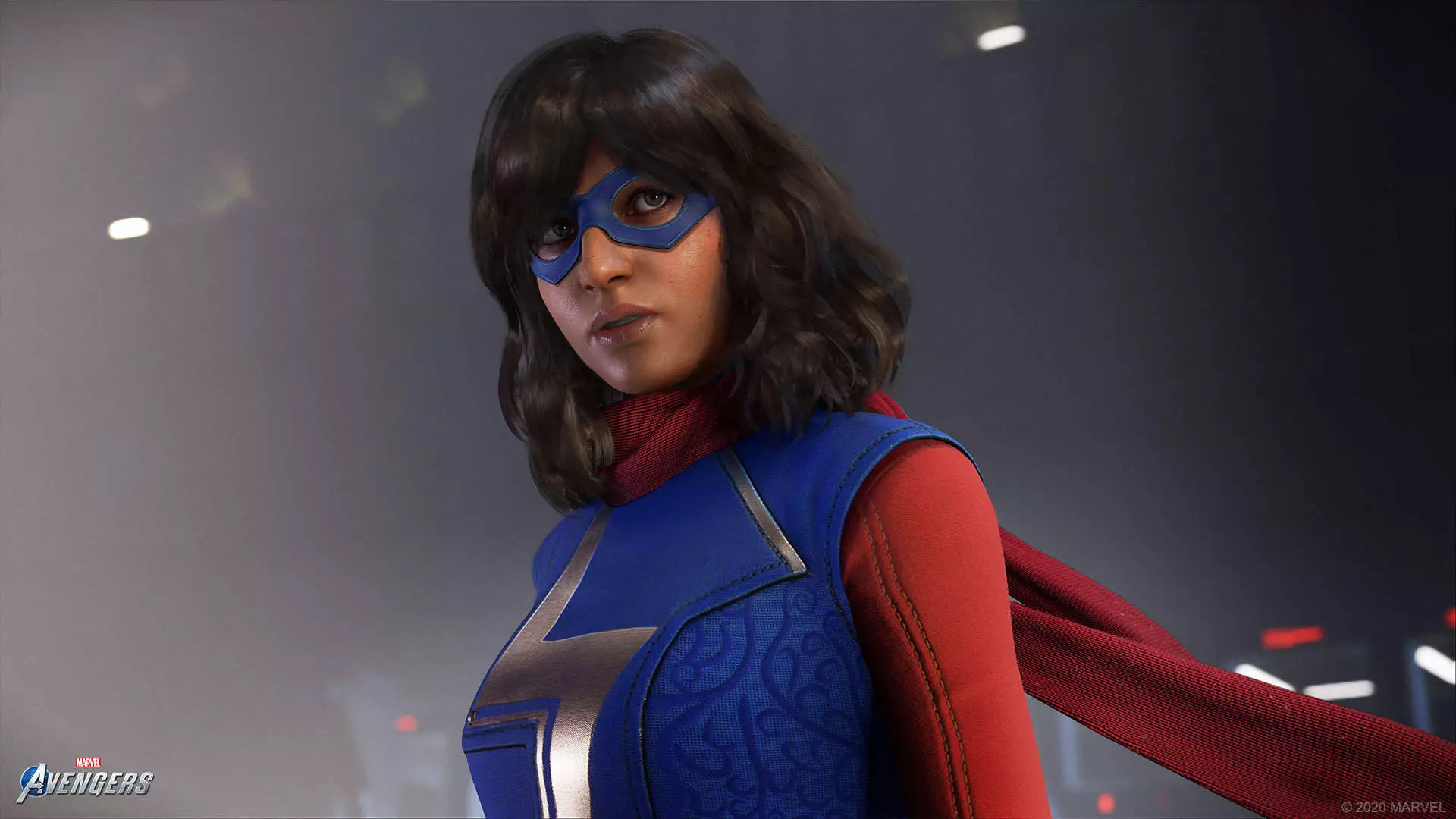
But the purpose of this piece isn't just to point out where Ubisoft could have done better with Valhalla; it's to highlight that this is a wider issue with many games studios. If you're going to include a diverse range of characters, which is welcomed, then you need to be sure that you are properly representing them. Don't hide details in text files or simply say it's implied, because people from those backgrounds can tell when you're not actually properly putting in the work. If you're going to proudly put a message of how you had a diverse team work on your title, then proudly represent that diverse team in the end product.
Like I said at the start of this piece, a lot of studios could take a leaf out of Crystal Dynamics' book when it comes to representation. Despite the fact that I am absolutely loving Assassin's Creed Valhalla, I can't help but be disappointed at how the game shies away from representing Muslims in its dialogue. The characters are right there, but it's as if they've been silenced. Whether the devs realise this or not, it comes across like these characters are ashamed of their backgrounds, hence why it's hidden away. But whether that's born from worry about some kind of backlash from players, or some other reason entirely, is up in the air.
Studios should proudly embrace their diverse characters and let them represent the many diverse gamers that invest in their games. Whenever they fail to, and when there's clear opportunity to do so, it can only let those same gamers down.
Featured Image Credit: Ubisoft, Square EnixTopics: Marvel's Avengers, Assassin's Creed Valhalla, Ubisoft, Opinion